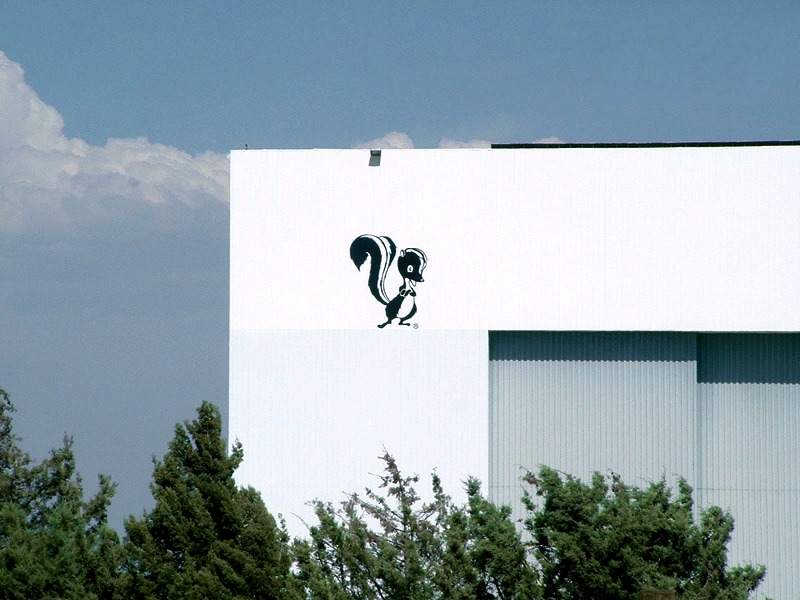Why Agile is No More (or Less) Than a Skunkworks
Why Agile is No More (or Less) Than a Skunkworks
[From the Archive: Originally posted at Amplify.com Jul 27, 2010]

Agile as skunkworks. This simile struck me quite forcefully the other day, and I have already tweeted to this effect. But the more my subconscious works on it, the more the analogy seems apt. (My apologies if anyone else has already drawn these parallels.)
For those unfamiliar with the term, “skunkworks” is widely used in business, engineering, and technical fields to describe a group within an organisation given a high degree of autonomy and unhampered by bureaucracy, tasked with working on critical, advanced or secret projects.
The correspondences with Agile, and in particular with those Agile Pilot projects so beloved of organisations dipping their toes in agile waters, seem manifest:
- Agile projects generally receive dispensations to forego “normal” standards of documentation, project reporting, etc.
- Traditional processes – aka ways of working – cease to be mandatory .
- Agile projects often get to work on something critical to the business.
- Agile projects can freely(?) adopt a different world-view than their parent organisations with respect to hiring practices, treatment of staff, incentives, working hours, dress code, job titles, roles & responsibility, and so on.
- Parent organisations look-on in bewilderment, and sometimes outrage or fright, at the corners that the agile project teams seem to cut, and maybe at their general alien demeanour, too.
So, if you accept these parallels, what’s the relevance of the analogy? I believe the relevance lies in the history of skunkworks. Even though some have produced amazing products, like the U-2 spyplane

and the later SR-71 Blackbird,

few skunkworks have succeeded in exporting their highly-effective ways of working back into their corporate host organisations.
Agile exponents by and large still cling to the forlorn hope that Agile will go mainstream, leach into traditional organisation by osmosis – and the benefits of the Agile approach will be realised by all.
I use the phrase “forlorn hope” advisedly, because if skunkworks have been unable to shift the mindsets of their “host” organisations for fifty years and more, why should we expect Agile to be any different in this regard?
As ever, your comments and conversations will be most welcome.
– Bob

Reblogged this on Citizens, not serfs.